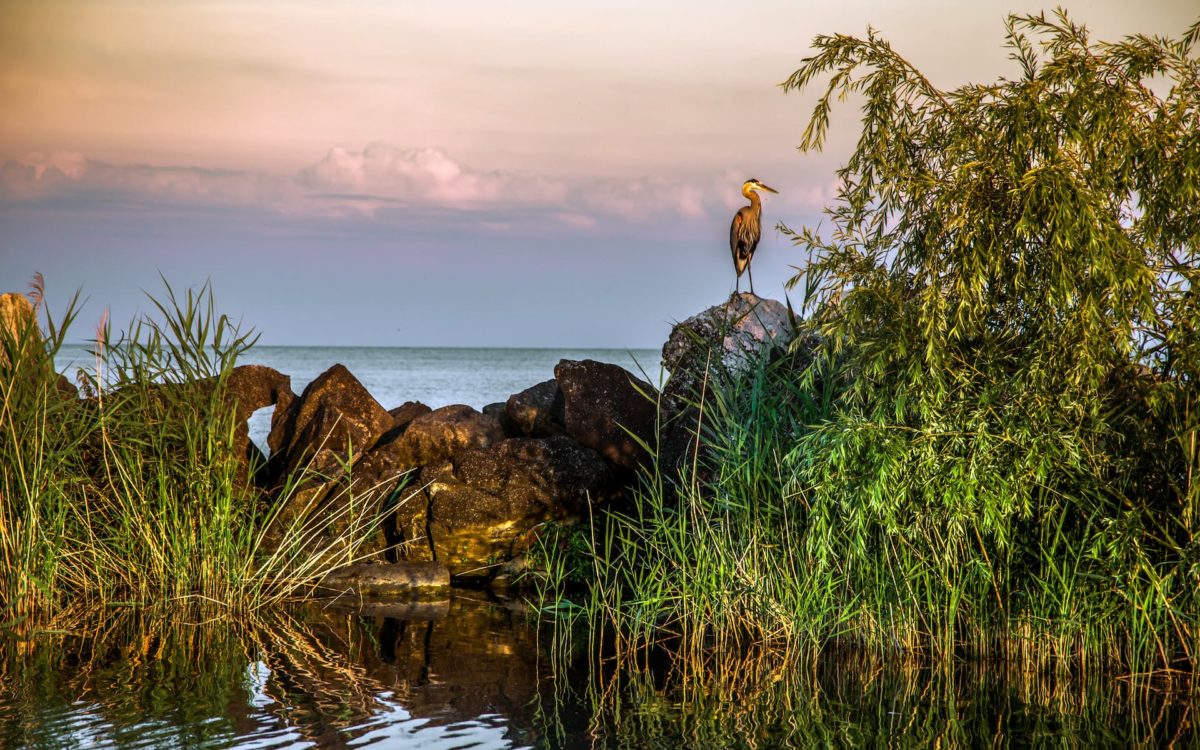A few weeks ago, the Lake Erie Bill of Rights (LEBOR) was profiled in an article in The Guardian. The article, titled “Should this tree have the same rights as you?” was written by Robert Macfarlane. Two key organizers behind LEBOR responded to the article, in a letter to the editor, which was published in the newspaper in November.
You can read the original article here and the published letter to the editor here.
However, the organizers, Markie Miller and Crystal Jankowski, have a few more thoughts to share. Below is their guest blog for the Community Environmental Legal Defense Fund.
Stay tuned: Oral arguments in the corporate lawsuit against LEBOR are scheduled for January 28, 2020 (in Toledo, Ohio).
In our letter to The Guardian, we wrote that “we agree with the ‘lawyers and philosophers’ cited by Macfarlane, who think ‘assigning of legal personhood to a more than human entity is a profound category error.’” This might seem counterintuitive coming from LEBOR organizers.
“In fact,” we continued, when drafting LEBOR, “we were careful to distinguish between human rights (‘personhood’) and ecosystem rights. For humans, LEBOR recognises rights ‘to a clean and healthy environment’ and to a system of government that protects ‘human, civil, and collective rights.’ But for the lake, it recognises different rights: to ‘exist, flourish and naturally evolve’ – it does not establish ‘personhood.’”
The Guardian’s original article warned that “personhood” for ecosystems could be seen as competing with the rights of poor people.
To pit human rights and ecosystem rights against one another not only misses the mark – it is a frame that obfuscates which rights are, in fact, pitted against one another – people's human rights and nature's rights to exist and flourish, against the claimed “rights” of corporations to cause harm for profit.
For example, a sister group of ours, the Williams County Alliance, is advancing a measure that would stop ongoing corporate efforts to privatize the massive Michindoh Aquifer that spans parts of Michigan, Indiana, and Ohio. That measure would not only recognize the rights of the aquifer, it would, like LEBOR, also recognize the human right to clean drinking water. Crucially, it elevates those rights above the legal privileges of corporate actors.
It explicitly bans the corporate privatization of the precious aquifer.
What this means is that as clean water becomes increasingly scarce, we are advancing law that prevents a future where water is privatized and sold to the highest bidder. Protecting ecosystems’ rights protects human rights.
Our work is to elevate human and ecosystem rights above corporate greed, so we can avert a future of profit-driven water apartheid that favors the rich and wealthy at the expense of the poor and the nature world.
Markie and Crystal both live in Toledo, Ohio.
Featured image from The Telegraph, US lake wins its own ‘human rights’ in landmark ruling, 28 February 2019.

